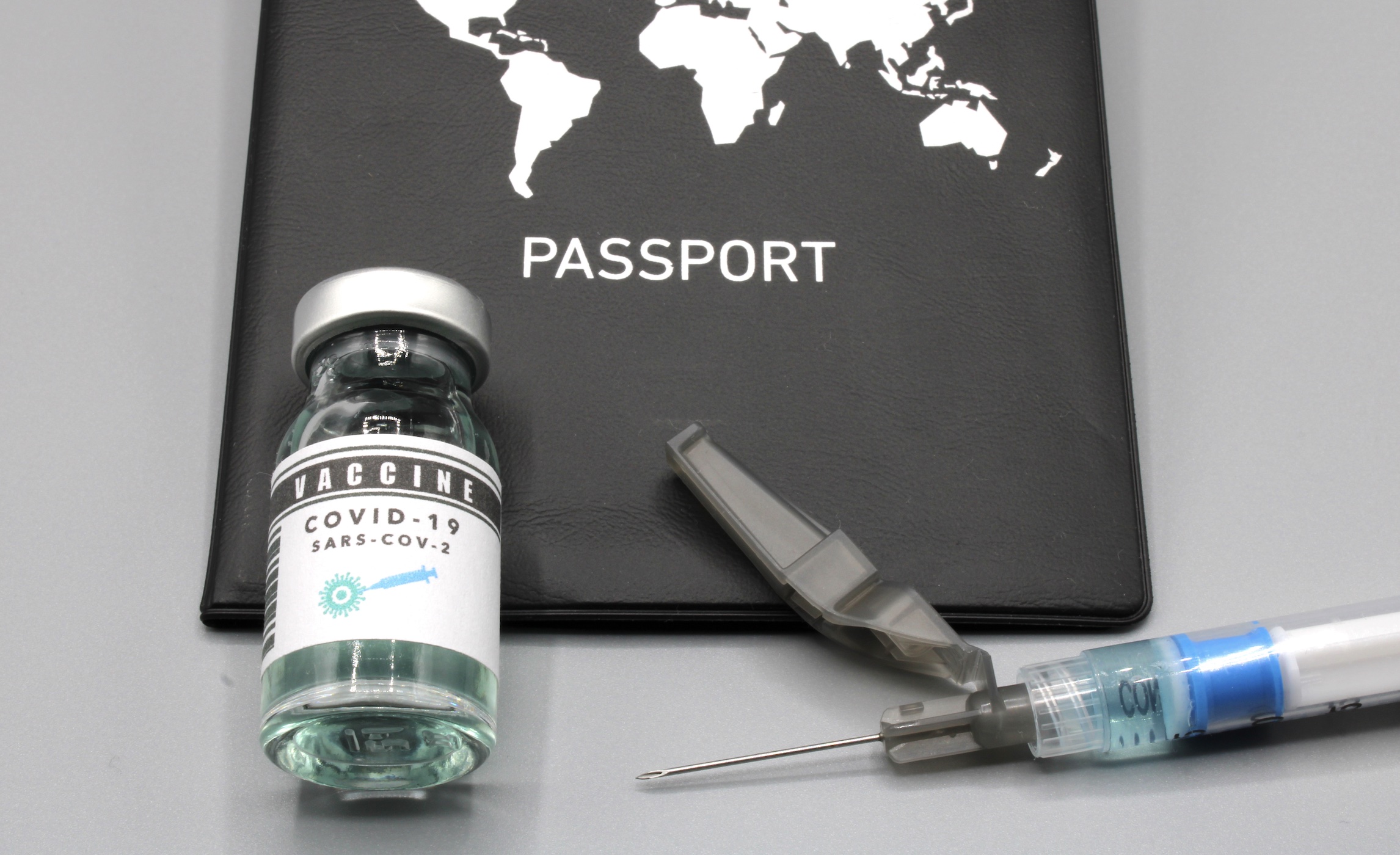As the summer season approaches, the European Commission is trying to coordinate the resumption of tourism. And for nationals of countries outside the European Union, entry will probably be conditional on their vaccination status.
“The Commission proposes to allow entry into the EU for non-essential reasons, not only to people coming from countries with a good epidemiological situation, but also to people who have received the last recommended dose of a vaccine authorized in the EU “, according to a text published by the European executive.
Four vaccines accepted
To enter the European Union from a third country this summer, you must therefore have been vaccinated with one of these four vaccines: Pfizer-BioNTech, Moderna, AstraZeneca and Johnson & Johnson. For the first three, which require two injections, it is necessary to have received both doses, and in all cases, to have been vaccinated at least 14 days before entering the EU.
Member States could also extend this vaccination passport to people who have received a vaccine concerned by an emergency authorization from the WHO.
This proposal follows the opinion of the President of the European Commission, Ursula von der Leyen, on the United States. She had estimated last week that vaccinated American tourists should be allowed to come to the EU in the coming months.
Limited circulation
The EU is preparing the establishment of a European health certificate, which it wants operational before the end of June, to facilitate the resumption of free movement in the bloc, whose external borders have been closed since March 2020 for travel ” non-essential “.
Only a few countries, Australia, New Zealand, Rwanda, Singapore, South Korea, Thailand (and China, subject to reciprocity), benefit from an authorization to enter the European area. And this authorization does not mean an entry without conditions: the tourists could always be imposed by the States a test, even quarantine.
Relaunch tourism
But some European countries, very dependent on tourism, plan to open up to travelers from countries outside the EU, under certain conditions. The Commission is trying to put these measures in order, mindful of the repercussions on the Schengen area of free movement.
Despite these relaxations, a mechanism is provided to quickly suspend arrivals in the event that the epidemiological situation of a country deteriorates, in particular due to a variant. The proposal must now be submitted to the Member States. The ambassadors of the Twenty-Seven are due to examine it on Wednesday, May 5, for entry into force in early June.
 Cherry tomatoes contaminated with salmonella: 92 sick and 1 dead
Cherry tomatoes contaminated with salmonella: 92 sick and 1 dead  A better coaching method can make a person grow
A better coaching method can make a person grow  What is the method to prevent diabetes in children?
What is the method to prevent diabetes in children?  What are the effective factors in causing stomach ulcers?
What are the effective factors in causing stomach ulcers?  Why do embarrassing memories seem to appear at night?
Why do embarrassing memories seem to appear at night?  The amazing link between SARS-CoV-2 infection and newly started diabetes
The amazing link between SARS-CoV-2 infection and newly started diabetes  WHO says monkey pox is not a global emergency right now
WHO says monkey pox is not a global emergency right now  Single cell RNA sequencing uncovers new mechanisms of heart disease
Single cell RNA sequencing uncovers new mechanisms of heart disease  Hepatitis of unknown origin: 3 new deaths and 228 cases worldwide
Hepatitis of unknown origin: 3 new deaths and 228 cases worldwide 